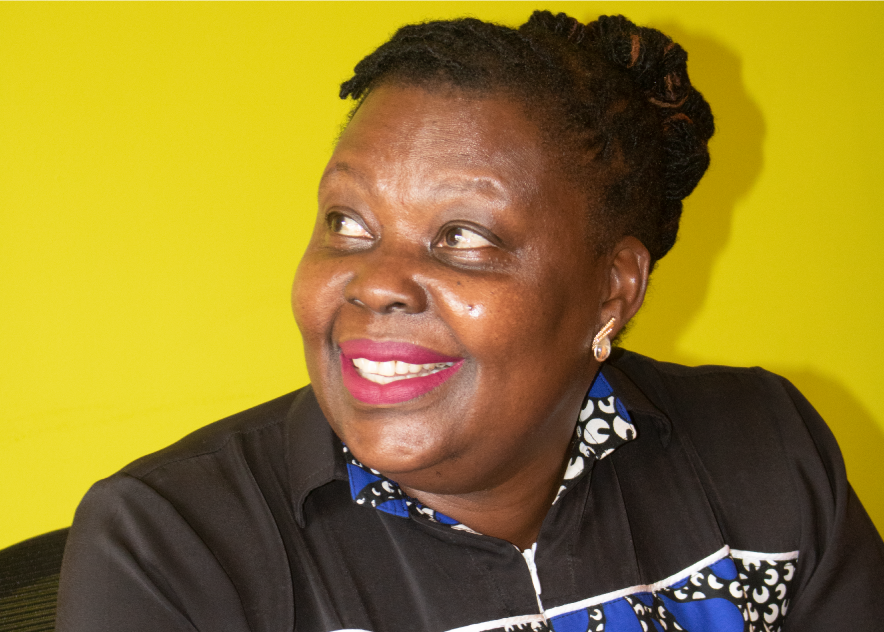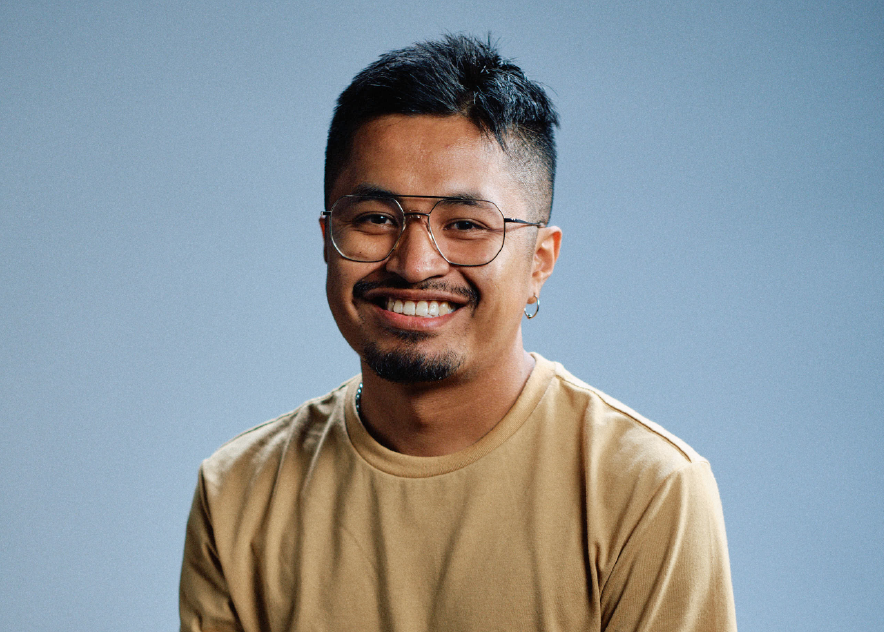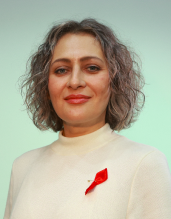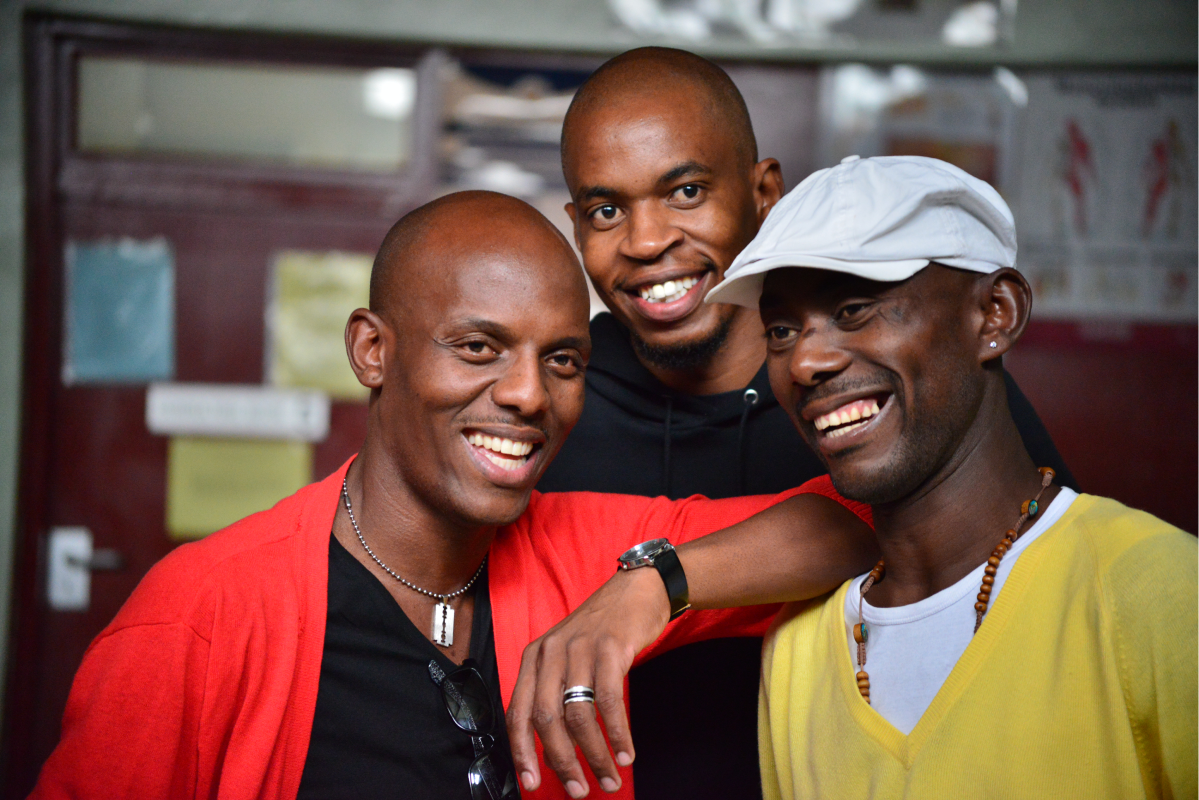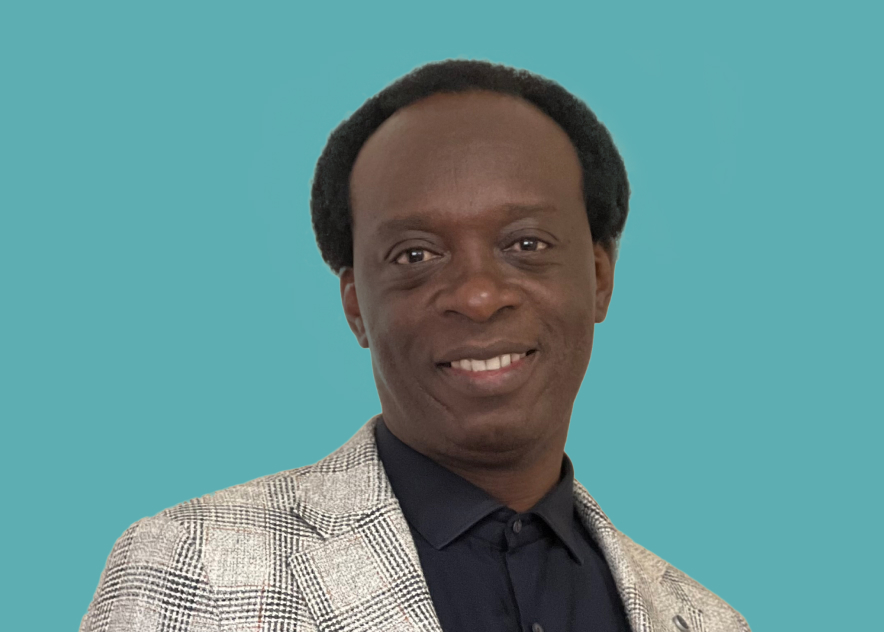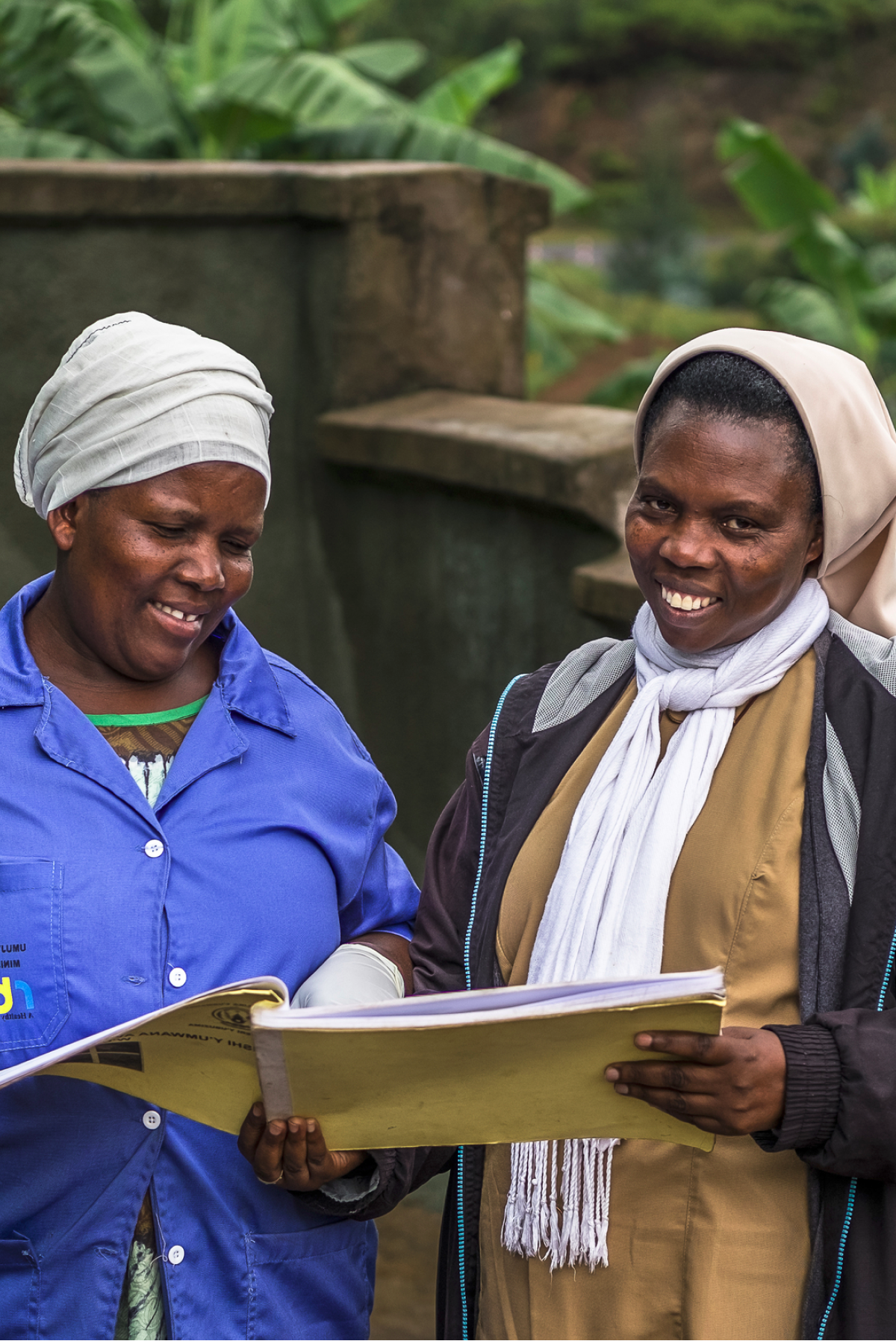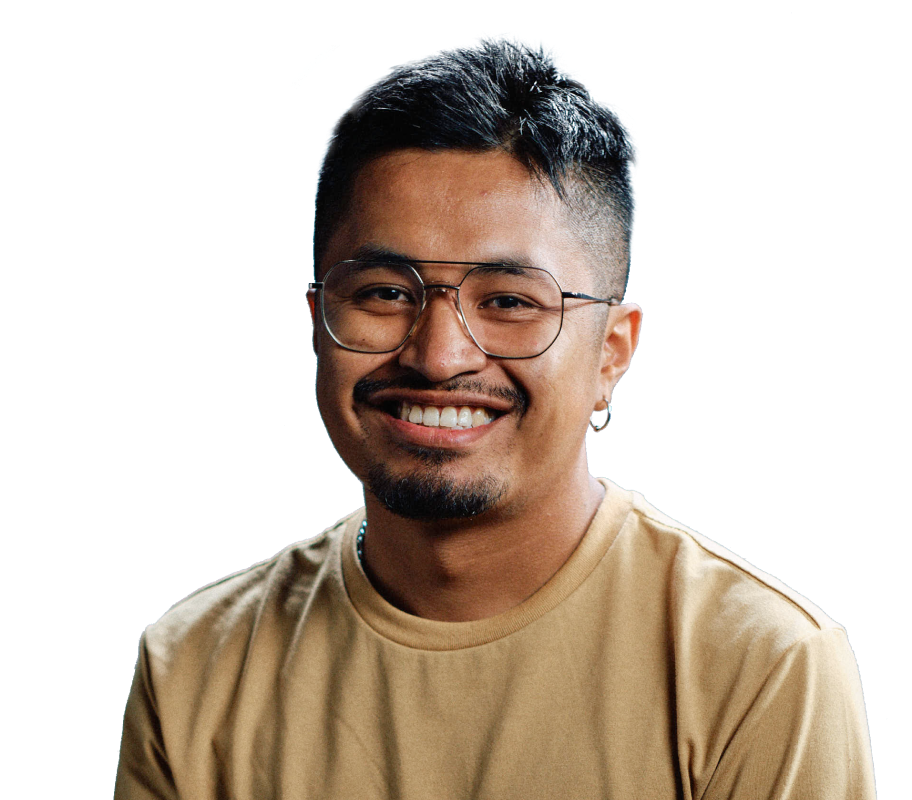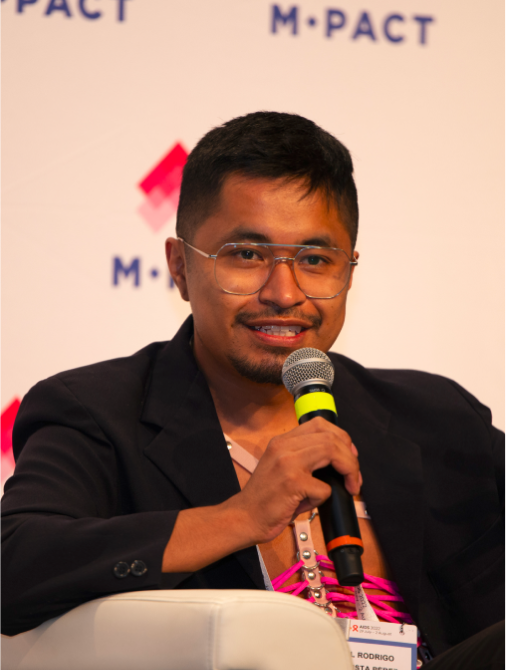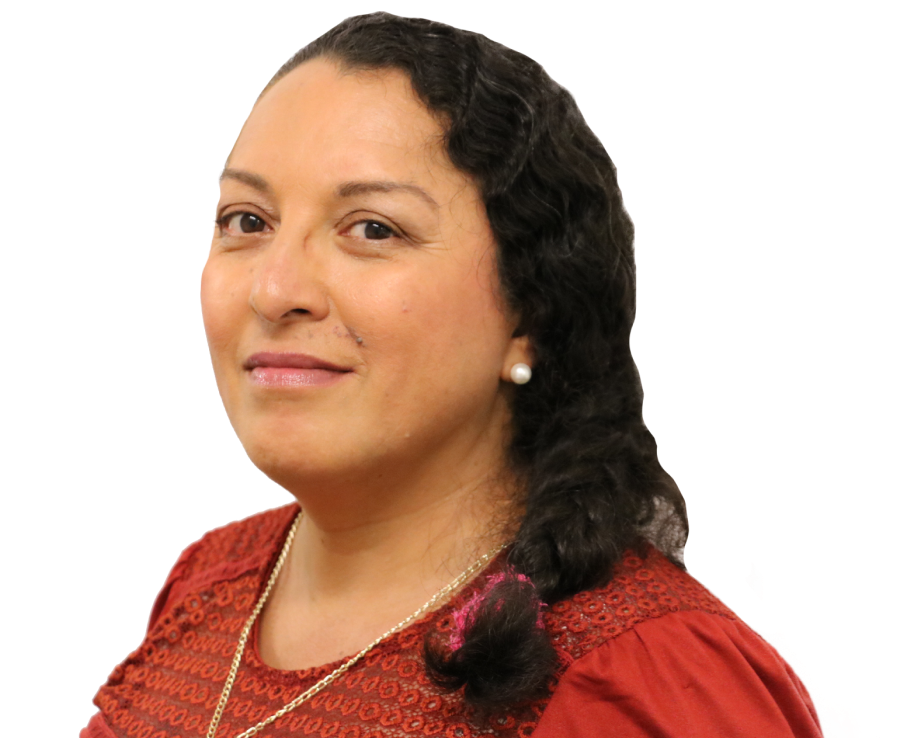I was 21 years old when I was diagnosed with HIV a decade ago in Mexico City. I was studying sociology at university. Connecting my studies with my own experiences as a person living with HIV and as a gay man, I could see how progress on public health is obstructed when affected communities are marginalized. I realized too that we needed to get organized. I began helping a small student organization. This was my introduction to advocating for the rights of people living with HIV.
When I was finishing my studies, a friend from Colombia invited me to help with a podcast on public radio. For 15 minutes every week, we talked on the radio about HIV and LGBTQI activism in Mexico. I was able to interview many activists and organizations in Mexico. It became clear that the path forward to ensuring our health and our rights was our own activism. No one would do it for us except us.

